Vignette the First
A few months ago I was in a conversation where International Women’s Day was brought up. Specifically, the question of whether a particular someone would know what it is. One person (let’s call him Bob) said “Of course they do, it’s celebrated everywhere. Except Afghanistan.” He said this as a way to tell a snarky joke but I wasn’t impressed. Why wouldn’t they have International Women’s Day in Afghanistan?
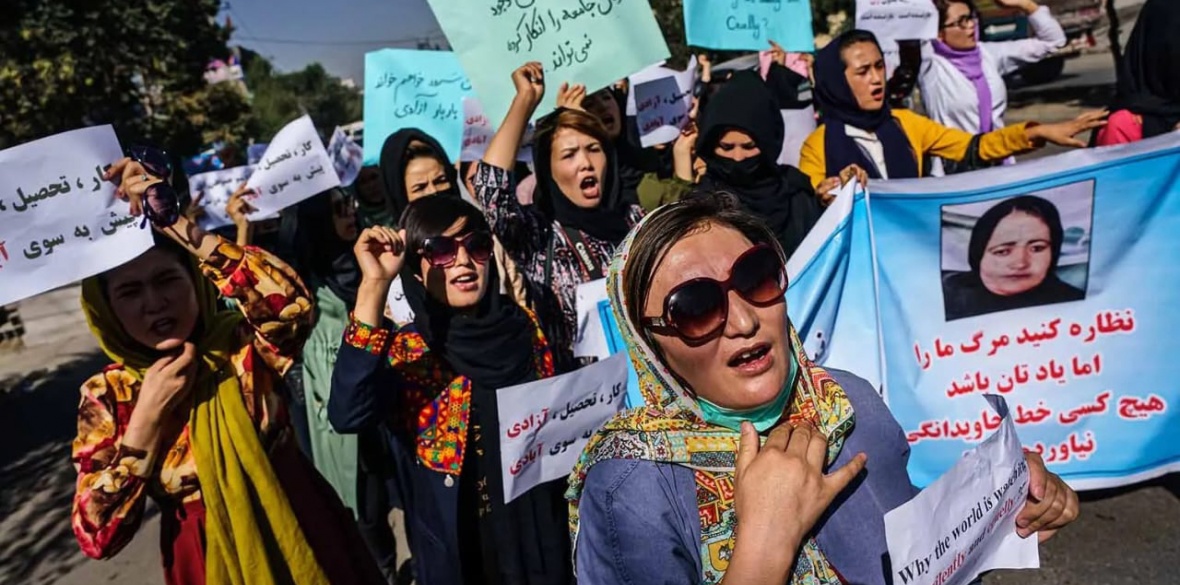
Vignette the Second
I was also in a Facebook discussion about a documentary (that I haven’t seen) called I Am A Girl, which follows the challenges that women around the world face. The way it frames it is to look at the problems faced by six women, from Australia, PNG, Afghanistan, Cambodia, USA and Cameroon. The woman from Australia has depression because of trouble picking what she wants to do at uni and presumably deciding what direction she wants for her life. The problems of the women in the other 5 countries include domestic violence, rape, prostitution, the Taliban and so on.
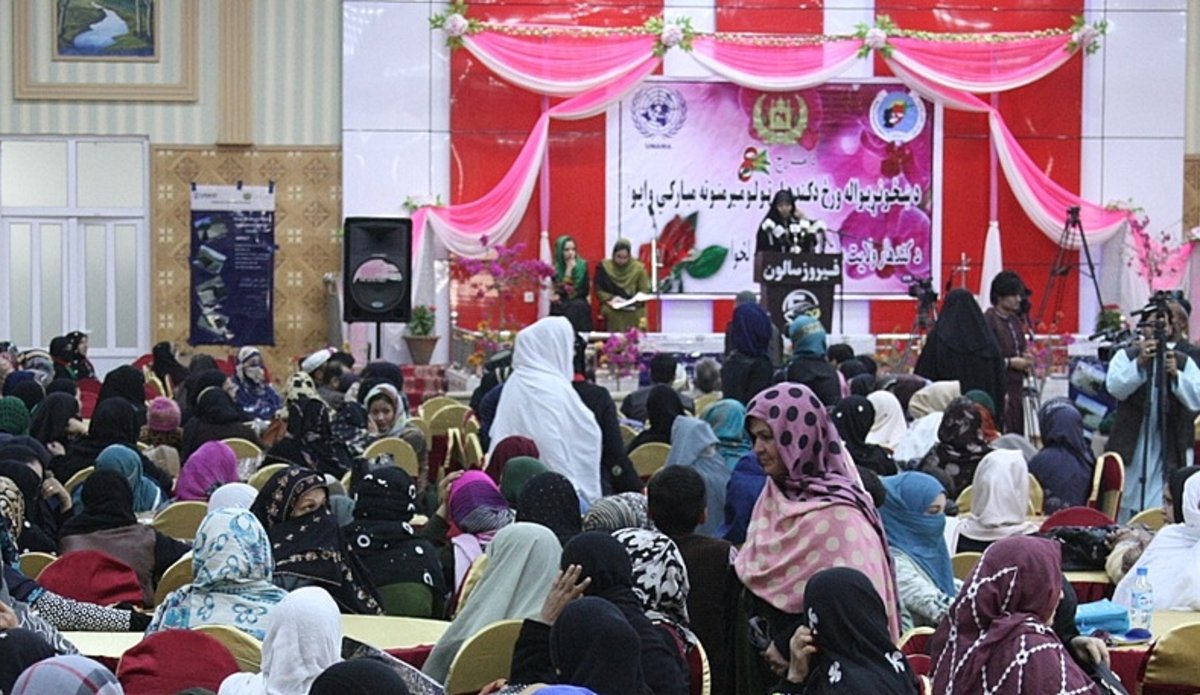
Vignette the Third
After I went to Iran, people were naturally interested in what it was like. Some of the questions I got were a bit facepalmy though. “Do they have things like roads, modern technology and so on?” someone in Israel asked in all seriousness. Note that in 2012, Iran was the 21st-highest country in the world by nominal GDP (out of 193). It had a higher GDP than countries like Sweden, Poland, United Arab Emirates and Argentina.
What’s going on?
In all these cases, the problem is in othering “third world” countries, drawing an artificial distinction between Us and Them, sometimes to denigrate “them” or to make “us” feel better. (See some older posts on the concepts of third world and first world problems for more.) Let’s take these in reverse order:
- The Iran one is the most blatant and represents an utter failure to see a state as one that engages in perfectly ordinary things most of the time (and by extension seeing its inhabitants as regular human beings). No, it had to be the Axis of Evil Iran with the nukes pointed to the Holocaust museum in Jerusalem.
- The documentary is a little more subtle but touches on a similar theme. It’s not that women (or the general population) don’t face many more challenges in say Cambodia and Cameroon than they do in Australia. They sure do — on average. But this frame has something in common with disaster porn. It fetishises the idea of Cambodians and Cameroonians as Victims of TragedyTM and thereby giving us a skewed picture of the world. The woman in Australia has problems choosing a path at uni, but you know what? Cambodia and Cameroon HAVE UNIS TOO. In fact according to Wikipedia, there are 21 public universities in Cambodia and 8 in Cameroon, with 22 private ones. Do you know why? Because people in those Poor Countries aren’t that different from “us” after all. [Thanks to Jess Bellamy for some insights that contributed to this section.]
- The International Women’s Day comment was I think meant to denigrate Afghanistan and its backwardness and hence congratulate Bob as being reasonably enlightened. There’s an implicit idea behind the comment that “this is how they treat ‘their’ women in Afghanistan”. But there’s a bit of an irony here. Bob comes from a country where it’s customary to give women flowers on International Women’s Day, and he did it this year. This is a tradition that takes a day originally about protest and resistance to inequality and turns it into a celebration of traditional domesticity. We celebrate ‘our’ women (in this case meaning those who are personally connected to us), presumably for the things they do for ‘us’. We give them flowers and do other chivalrous stuff — hope it’s not too high up on that pedestal! Meanwhile in Afghanistan, they’re using International Women’s Day to start women’s film festivals. Not to mention the protests and activism that are done throughout the year (linkie linkie). So who actually understands IWD better, Bob or women in Afghanistan?
There is a worldwide fight going on. It’s the fight for a better life, whether through technological solutions to provide people with more, or the fight for more equality. This fight can be quite easy to miss for those of us living in Western countries and consuming only media that condescendingly speaks of the “third world” through the lens of tragedy and disaster porn. But it is a fight to the death and it is going on — from Botswana public health policy having a tremendous success against AIDS (with more robust institutions than Washington DC) to the Bishkek Feminist Collective doing outreach and public education against tremendous odds (hands up if you’ve heard of Bishkek before?) to indigenous groups using the latest GPS mapping technology to fight for their land rights and hopefully mitigating some damage to client change.
In other words, people who are neither rich nor white also want equality and are not actually taking shit passively. But rather than educate myself, help or spread the message, it’s much more important that I have a rhetorical stick about how Iranians don’t let ‘their’ women learn to read and write (the literacy rate for Iranian women 15-24yo is about 98.5%).

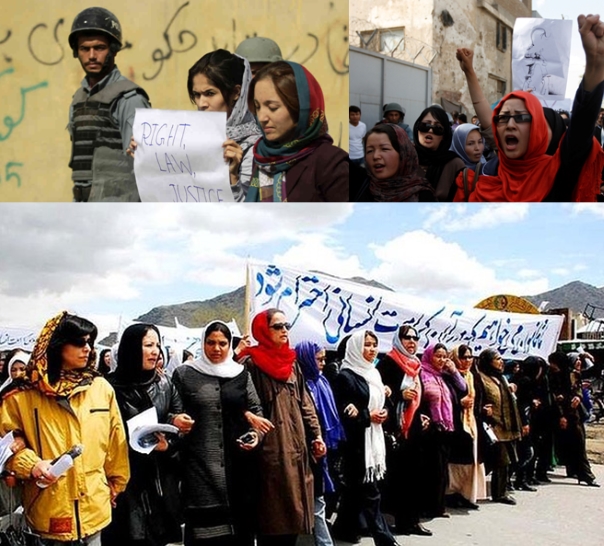

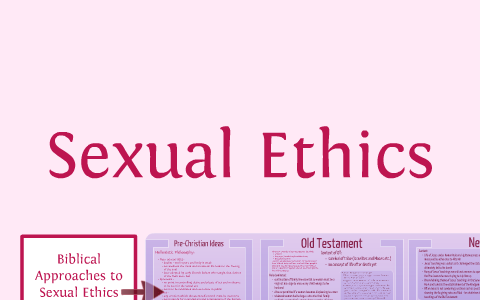
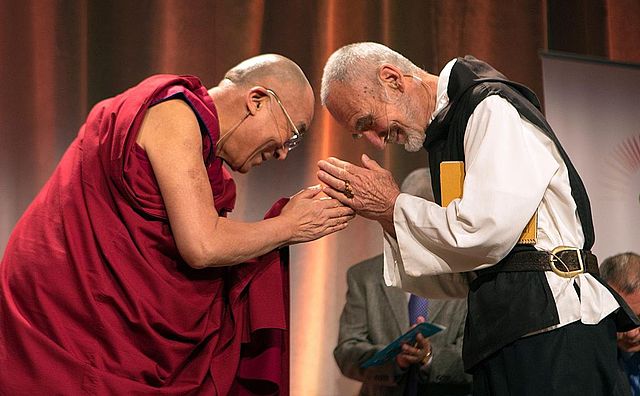
0 Comments